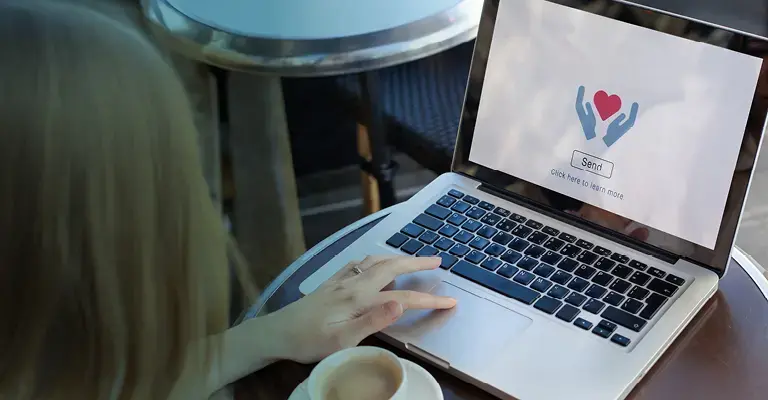Since launching our grantmaking activities in 2014, we have awarded over $26.4 million in support of our research priorities: access, affordability, and the value of legal education.
Awarded Grants
Grant Program
Grant Status

Willamette University
Grant Title: Assessing the Impact of Cohort Structure on First-Time Bar Pass Rates
This project hypothesizes that implementing a cohort structure for recent law school graduates who use Helix Bar Review while studying for state bar exams will result in improved bar passage rates for these first-time test takers. Project results will inform legal education literature as well as other ongoing studies and activities to improve passage rates and may, depending on cohort size, provide insight into the disparity currently seen in the passage rates of underrepresented populations.
View grant outcomes.

Chicago-Kent College of Law, Illinois Institute of Technology
One & Done addresses three barriers to passing the bar exam on the first try that face "at-risk" graduates. First, these graduates need more personal support with time management than they typically get from commercial preparation programs, as well as additional study time devoted to spaced repetition study and practice-as-study. Second, many need financial support. Third, many need support to stay emotionally, psychologically, and socially healthy through the grueling bar preparation process.
View grant outcomes.

UC Berkeley School of Law
This grant will support the development of the Pre-Law Online Curriculum, a web-based, mobile-friendly pre-law advising center that is free and available to all. This system will provide instructional modules, community discussions, and online resources to students preparing for law school.
View grant outcomes.
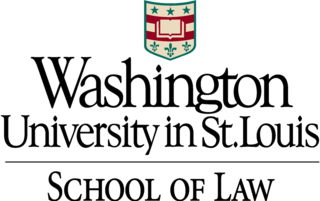
Washington University School of Law
The project aims to evaluate factors that will enhance the value and relevance of legal education, especially for historically underrepresented groups. The first objective is to create a nationwide archival dataset on lawyer rosters, lawyer disciplinary actions, and state occupational licensing requirements for lawyers in the United States from 1900 to 2018. Second, the research will investigate the effects of a host of law school and licensing policies that are relevant to the value of legal education.
View grant outcomes.
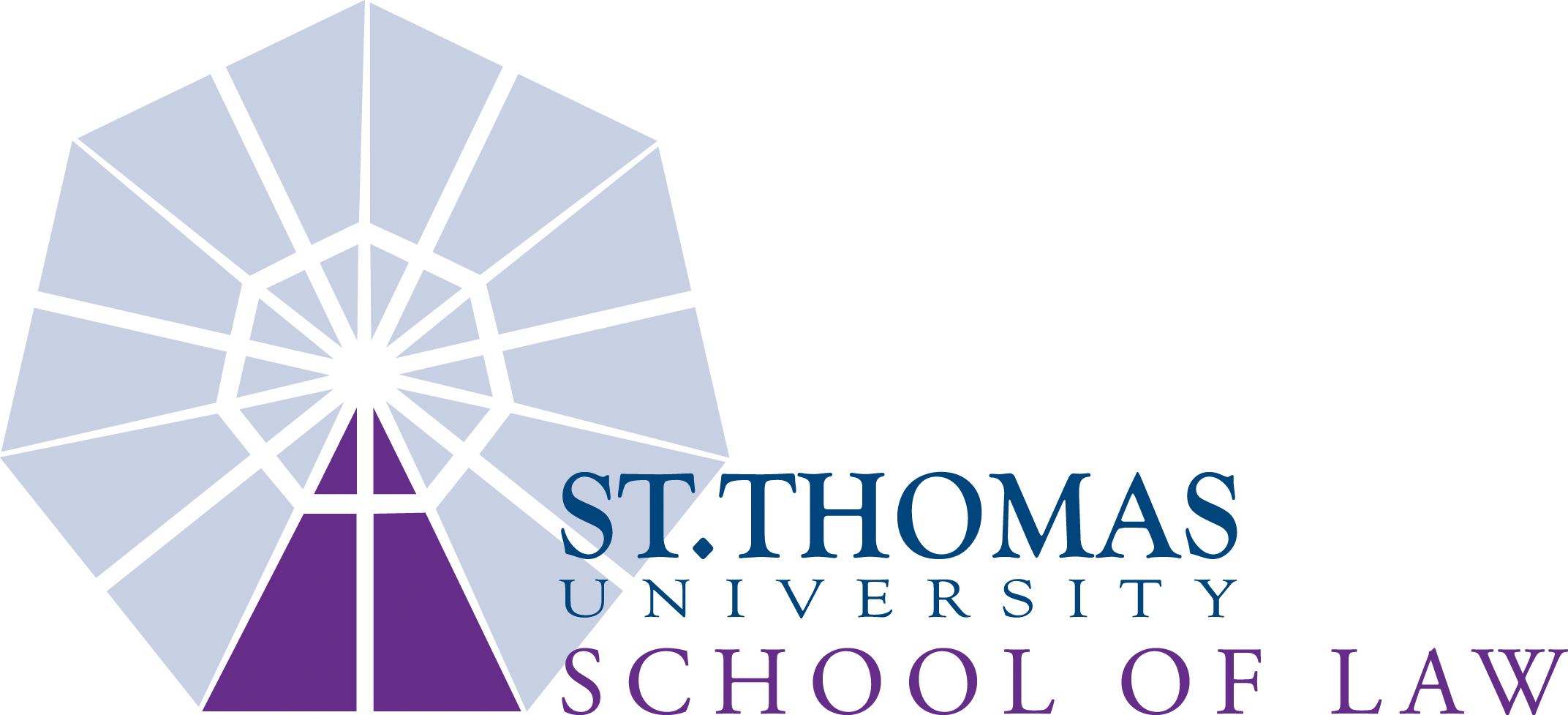
University of St. Thomas School of Law
Over the last few years, a growing number of law schools have implemented a required first-year course/program focused on professional development or professional identity formation. To date, there has been no assessment of which of the courses/programs are most successful in advancing students with respect to learning outcomes associated with professional development. This project would be designed to assess these courses/ programs and to identify the most successful pedagogies.
View grant outcomes.
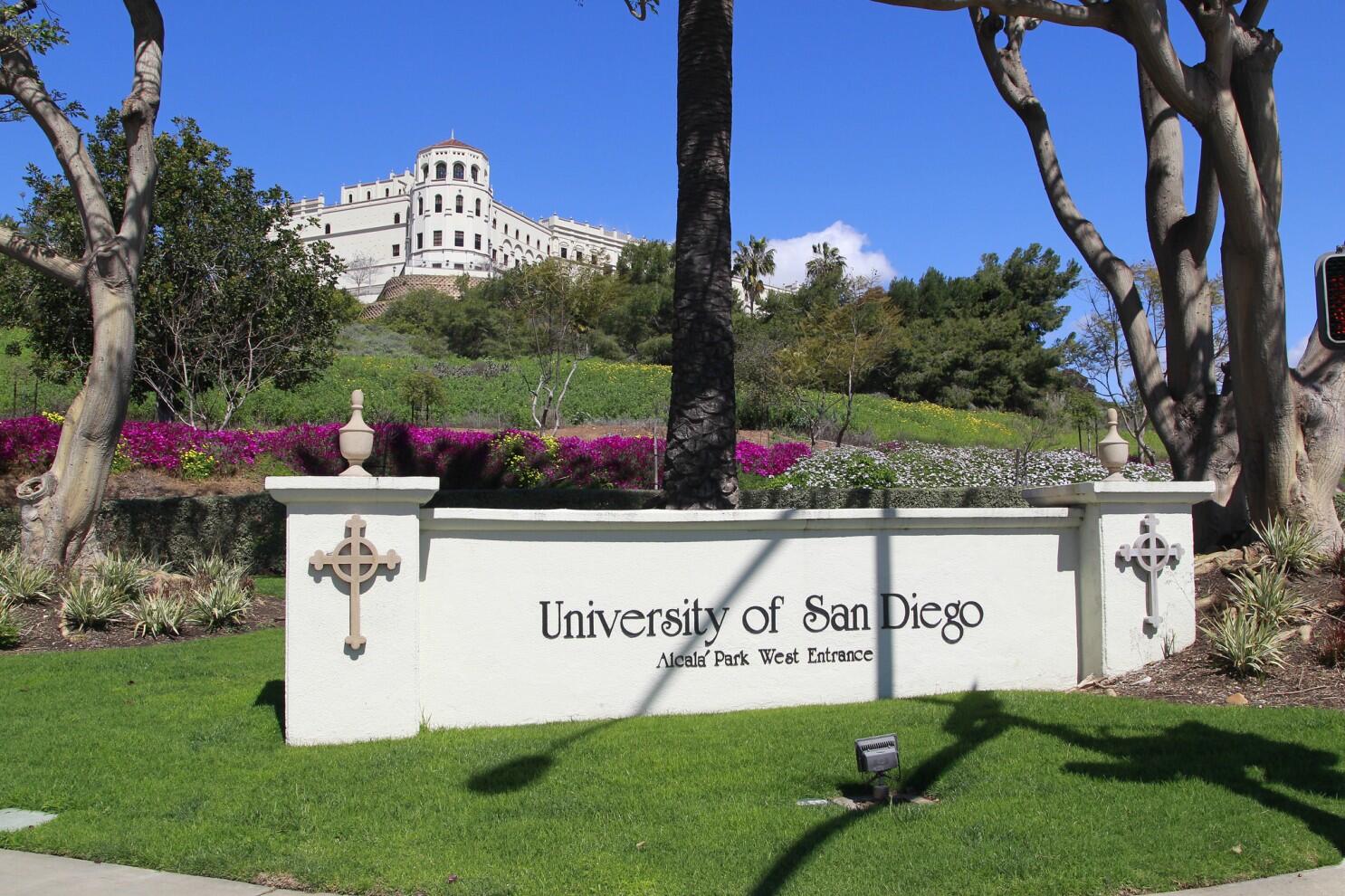
University of San Diego
The University of San Diego School of Law’s (USD) Center for Public Interest Law (CPIL), in partnership with the School of Business Department of Economics, plans to research inequality with respect to access to legal services. USD will investigate whether the lack of diversity in the attorney workforce directly impacts access to legal services by low-income, disadvantaged consumers, and whether the existing cut score of California’s Bar Exam is contributing to the justice gap in California.
View grant outcomes.
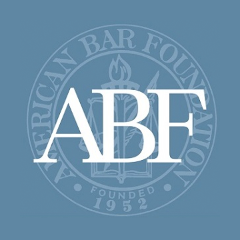
American Bar Foundation
The project will employ anthropological linguistic methods to examine how inequality is sustained in law schools in order to help them create more supportive environments for students and faculty of color. Faculty interviews, observations, and autobiographical textual analyses will be used to identify the verbal and non-verbal interactional habits that contribute to institutional practice that may sustain implicit biases.
View grant outcomes.
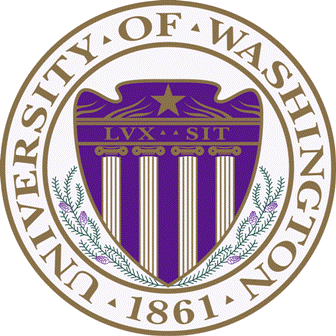
Washington University School of Law
The Washington University School of Law received a grant to support a multi-school examination of the relationship between experiential coursework, bar subject coursework, outcomes on the bar examination, and securing an initial post-graduation legal job.
To read more, please visit A Study of the Relationship between Law School Coursework and Bar Exam Outcomes
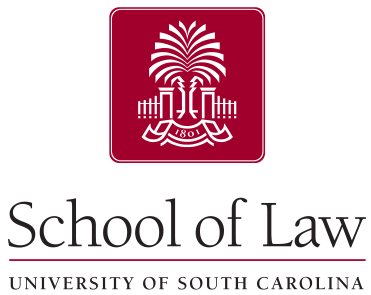
University of South Carolina School of Law
The University of South Carolina School of Law received a grant to assess the viability of race-neutral alternatives in law school admissions. The study surveyed first-year law students on race-neutral aspects of their identity to determine the relationship, if any, between race and identity factors.
To read more, please visit Assessing the Viability of Race-Neutral Alternatives in Law School Admissions

